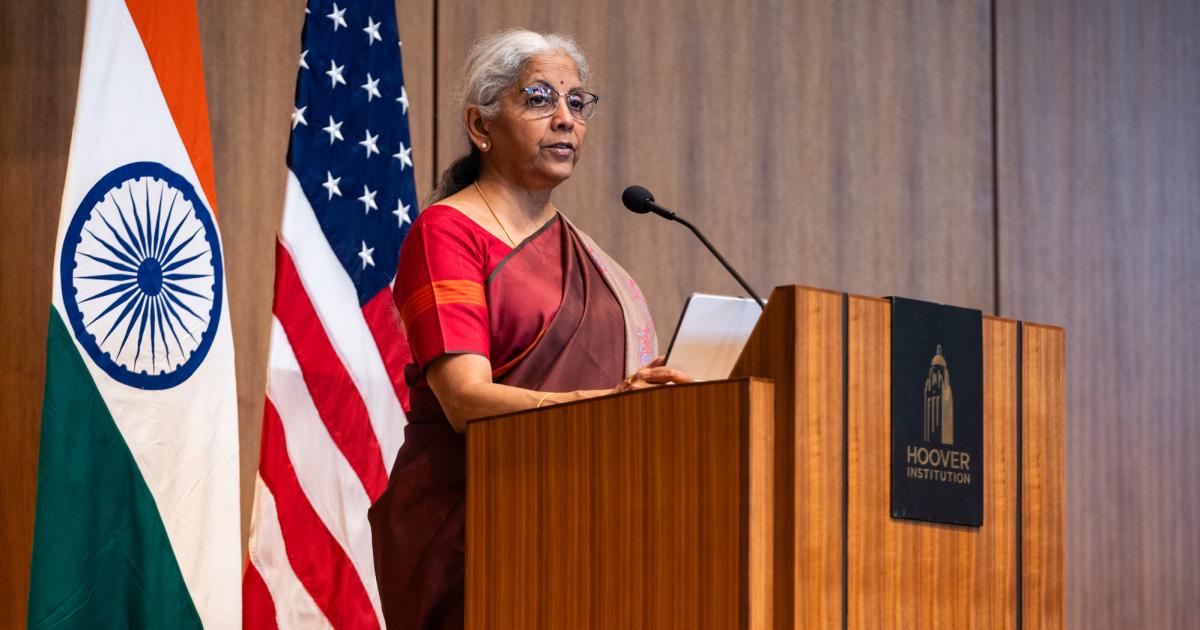Spain Terminates Arms Deal with Israel Amid Controversy

On Thursday, the Spanish government made a significant decision to cancel a contract for bullet purchases from an Israeli defense company. This decision followed mounting pressure from the far-left coalition partner in Prime Minister Pedro Sanchez's government, marking a pivotal moment in Spain's defense policy amidst ongoing international tensions.
The contract, valued at approximately 6.8 million euros (around 7.8 million dollars), was established with IMI Systems, an Israeli firm, to supply ammunition for the Spanish Civil Guard police force. This move comes in the wake of a heightened critique of Israel's military actions in Gaza, especially after the outbreak of conflict that began following Hamas's attack on Israel on October 7, 2023. Sanchez has been a vocal critic of Israel, and his administration initially halted arms transactions with the country shortly after the violence erupted.
However, on Wednesday, the Spanish interior ministry announced that it had abandoned attempts to annul the contract due to legal advice indicating it was too far along in the processing stage. They noted that the government would have to compensate the company despite not receiving any bullets. This situation ignited a backlash from the leftist Sumar party, which is a crucial part of Sanchez's ruling coalition. They labeled the reversal a blatant violation of the government's commitment to halt arms sales to Israel, emphasizing the ethical implications of continuing such trade.
In a swift turnaround, government sources confirmed on Thursday that the contract would be terminated unilaterally. The investment board responsible for dual-use materials will prevent IMI Systems from importing the equipment into Spain, citing reasons of general interest. Subsequently, the interior ministry will proceed to formally terminate the contract. Yolanda Diaz, Sumar's Deputy Prime Minister, revealed that she had personally engaged with both the interior minister and Prime Minister Sanchez to ensure the contract's cancellation, asserting that Spain cannot buy arms from a government that massacres the Palestinian people.
The impact of Israel's military offensive in Gaza has been devastating, with reports indicating over 50,000 fatalities, primarily civilians, according to the territory's health ministry. The Israeli government expressed strong disapproval of Spain's decision, arguing that the Spanish administration was prioritizing political motives over national security. In a statement issued by Israel's foreign ministry, they criticized Spain for being on the wrong side of history by opposing a nation defending itself from terrorism.
This cancellation comes at a time when the Sumar party is still processing the implications of Sanchezs recent announcement regarding defense spending. On Tuesday, Sanchez declared that Spain would increase its defense budget to two percent of its annual economic output, aligning with NATO benchmarks. This decision, initially set for 2029, was accelerated under pressure from the United States, reflecting a broader shift in Spain's defense policy.
The opposition, particularly the conservative Popular Party (PP), condemned the government's actions regarding the contract. PP leader Alberto Nunez Feijoo criticized the administration's approach, stating, When a state concludes a contract with another state, it must be respected. He raised concerns about the financial implications of canceling the deal, questioning who would ultimately bear the cost of this political maneuvering.
As the situation evolves, the ramifications of the Hamas attacks, which resulted in over 1,200 deathsprimarily civiliansand the abduction of hostages, continue to shape international relations. Israel's military actions in Gaza have led to considerable humanitarian crises, prompting the United Nations to regard casualty figures from the region as credible. Moreover, the International Criminal Court has issued an arrest warrant against Israeli Prime Minister Benjamin Netanyahu for alleged war crimes and crimes against humanity, further complicating the geopolitical landscape.
As tensions escalate in the region, Spain's decision to terminate the contract with Israel reflects not only internal political dynamics but also the broader ethical debates surrounding arms trade and international humanitarian obligations.



























